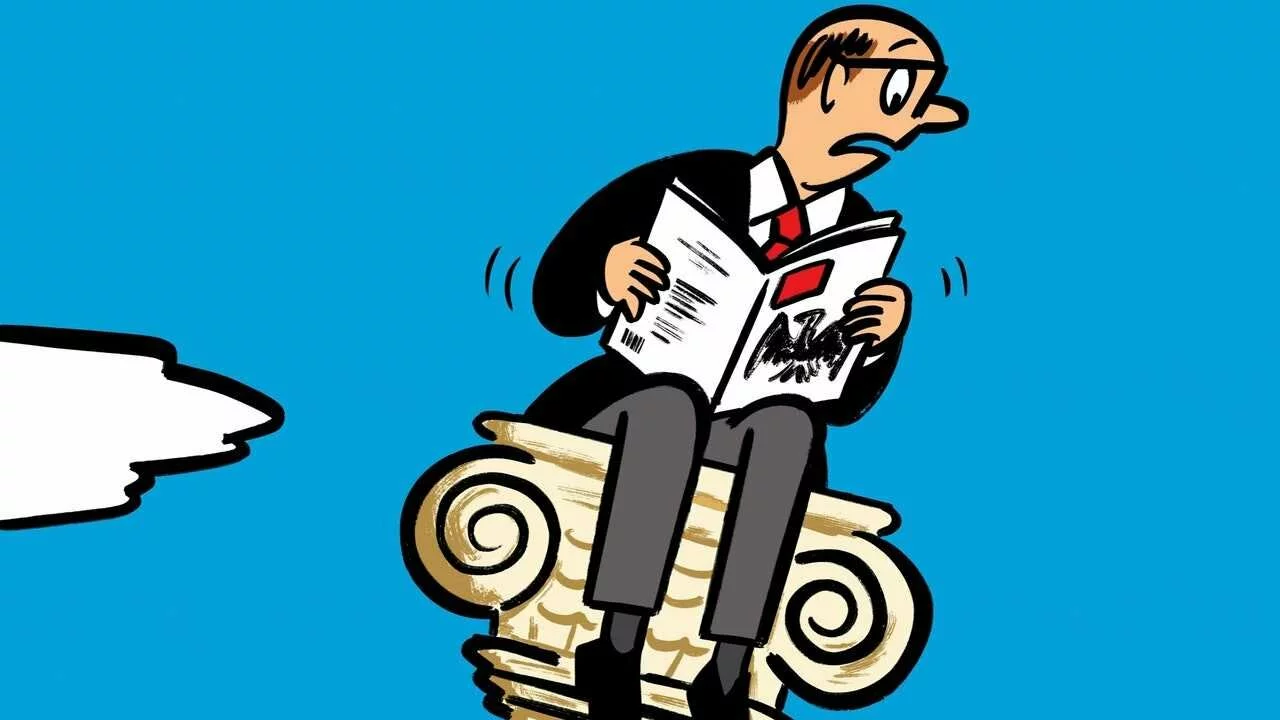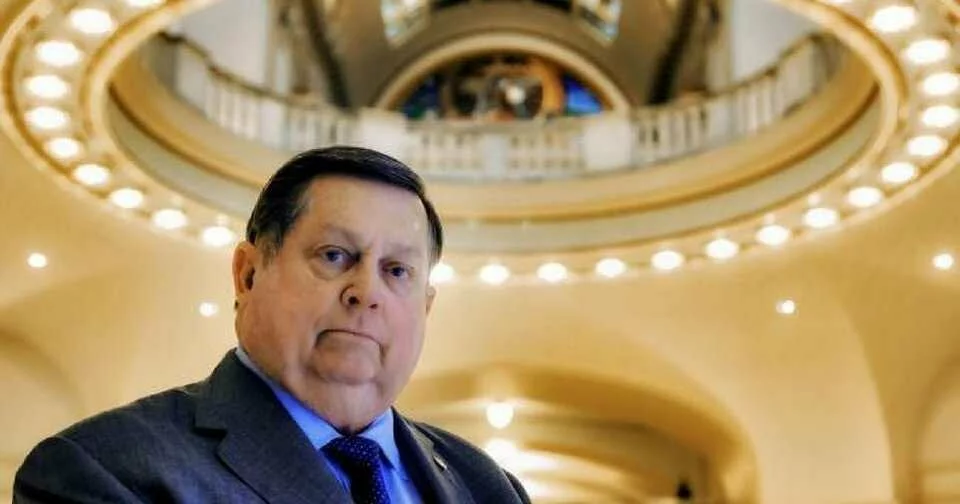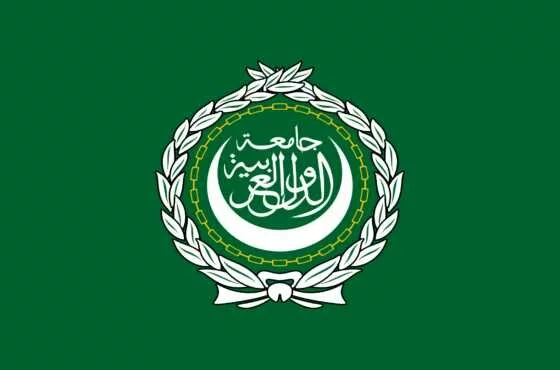
Liberalism According to The Economist
- 2019-11-11 08:00
- By newyorker.com
Muhammad Abduh, the Grand Mufti of Egypt, wrote, “Your liberalness, we see plainly, is only for yourselves.” (Mill, indeed, had justified colonialism on the ground that it would lead to the improvement of “barbarians.”) From a different vantage, critiques came from aspiring imperialist powers, such as Germany (Carl Schmitt), Italy (Gaetano Salvemini), and Japan (Tokutomi Sohō). Liberalism’s ancestry has been traced back to John Locke’s writings on individual reason, Adam Smith’s economic theory, and the empiricism of David Hume, but today the doctrine seems to contain potentially contradictory elements. When Lionel Trilling claimed, in 1950, that liberalism in America was “not only the dominant but even the sole intellectual tradition,” the term was becoming a catchall signifier of moral prestige, variously synonymous with “democracy,” “capitalism,” and even simply “the West.” Since 9/11, it has seemed more than ever to define the West against such illiberal enemies as Islamofascism and Chinese authoritarianism. He shows how its editors and contributors pioneered the revolving doors that link media, politics, business, and finance—alumni have gone on to such jobs as deputy governor of the Bank of England, Prime Minister of Britain, and President of Italy—and how such people have defined, at crucial moments in history, liberalism’s ever-changing relationship with capitalism, imperialism, democracy, and war. Nonetheless, by the early twentieth century, the magazine was groping toward an awareness that, in an advanced industrial society, classical liberalism had to be moderated, and that progressive taxation and basic social-welfare systems were the price of defusing rising discontent. In any case, by the seventies, the magazine’s editors were increasingly taking their inspiration from economics departments and think tanks, where the pure neoliberal principles of Milton Friedman and Friedrich Hayek were dominant, rather than from such liberal theorists of justice as John Rawls, Ronald Dworkin, and Amartya Sen. Zevin relates colorful stories about the magazine’s overzealous Cold Warriors, such as Robert Moss, who diligently prepared international opinion for the military coup in Chile in 1973, which brought down its democratically elected leader, Salvador Allende. The Economist is no doubt sincere about wanting to be more “woke.” It seeks more female readers, according to a 2016 briefing for advertisers, and is anxious to dispel the idea that the magazine is “an arrogant, dull handbook for outdated men.” Whereas, in 2002, it rushed to defend Bjørn Lomborg, the global-warming skeptic, this fall it dedicated an entire issue to the climate emergency. However, a recent assessment of Brazil’s privatization drive—“Jair Bolsonaro is a dangerous populist, with some good ideas”—suggests that it is hard to tone down what the journalist James Fallows has described as the magazine’s “Oxford Union argumentative style,” a stance too “cocksure of its rightness and superiority.” The two blond demagogues currently leading the world’s two oldest “liberal” democracies bespeak a ruling class that—through a global financial crisis, rising inequality, and ill-conceived military interventions in large parts of the Middle East, Central Asia, and North Africa—has squandered its authority and legitimacy.

ImpediMed (ASX:IPD) Will Have To Spend Its Cash Wisely

Outdoors: After 44 years, nation's longest-serving wildlife commissioner is stepping down

